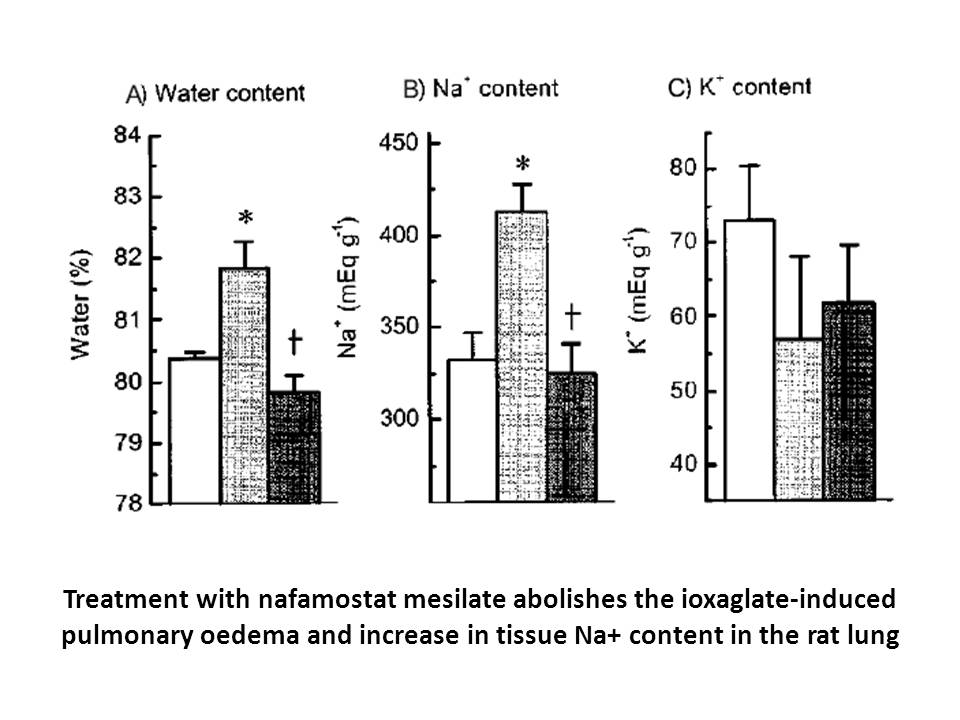Archives
Merimepodib Findings of the present study provide a molecula
Findings of the present study provide a molecular mechanism for the elevated ASK1 expression in obesity and how it may be functionally linked to whole-body insulin resistance. The role our findings assign to increased E2F1 in upregulating ASK1 parallels the capacity of this transcription factor to regulate the expression of autophagy genes [56], reminiscent of previous observations in cancer Merimepodib [27], [28], [29]. The transcriptional activity of E2F1 is regulated at multiple levels, including expression, cellular (nuclear) localization, post-translational modifications, and multiple interacting proteins. Here, increased E2F1 expression parallels with increased E2F1 binding to the ASK1 promoter in human adipose tissue explants. Regardless of potential inter-relations between the ASK1-MAP kinase pathway and autophagy activation, which have yet to be explored, both pathways downstream of E2F1 jointly form a signaling network that molecularly defines dysfunctional AT. The functional outcome of ASK1 activation in AT is linked to decreased adiponectin secretion. Intriguingly, up-regulated autophagy in obese adipose tissue was also shown to result in a dys-metabolic secretory function of adipocytes characterized by low adiponectin release, which induced insulin resistance in liver cells [57].
Our study assigns novel insights on the impact of dysregulated ASK1 expression beyond current literature. In either human muscle [23] or at the whole-body expression level in mice [24], it was decreased expression of ASK1 that was tied to insulin resistance and/or reduced energy expenditure, respectively. Here, we demonstrate upregulated ASK1 expression in visceral AT as a putative link between obesity-related AT stress and metabolic dysfunction.
Acknowledgments
We would like to thank Prof. Gustavo Leone, Department of Molecular Virology and Genetics, College of Medicine and Public Health, Ohio State University, Ohio, USA, for the E2F1−/− and WT- MEFs. The contribution of Dr. Avi Shtevi for establishing the role of JNK in ASK1 super-activation by TNF is also acknowledged. This study was supported in part by grants from the Deutsche Forschungsge-meinschaft (DFG): SFB 1052/1: “Obesity mechanisms” (project B2 to A.R., project B1 to M.B., and project B4 to N.K.), and the Israel Science Foundation (to A.R., ISF 928-14).
Introduction
Apoptosis signal-regulating kinase 1 (ASK1, also known as MAP3K5) activates signal transduction pathways in response to different types of  stress stimuli, such as ROS [1], TNF-α [2], LPS [3], and ER stress [4].
ASK1 has been reported as promising therapeutic target for a number of human diseases [5], [6]. For example, ASK1 has been shown to play an important role in the pathogenesis of autoimmune diseases such as multiple sclerosis [7] and rheumatoid arthritis [8]. Accumulating evidence suggests that ASK1 is involved in skin tumorigenesis [9] and gastric cancer [10], [11]. ASK1 demonstrates diverse effects on insulin signaling indicating its role in diabetes [12]. ASK1 plays a critical role in the pathogenesis of ventricular remodeling by promoting apoptosis or cardiomyocyte hypertrophy [13]. Also, ASK1 has been demonstrated to play important roles in the development of neurodegenerative process e.g. Huntington’s disease, Alzheimer disease [14], Parkinson disease [15], chronic cerebral hypoperfusion-induced cognitive impairment [16] etc. Thus, the small-molecule inhibitors of ASK1 can be important compounds for pharmaceutical industry. There are several classes of ASK1 inhibitors have been already published [7], [17], [18], [19], [20], [21], [22], [23], [24] and one of the ASK1 inhibitors, GS-4997, is now undergoing clinical trials [25] supporting the notion that ASK1 is recognized as a “druggable” member of the protein kinase family.
To further investigate
stress stimuli, such as ROS [1], TNF-α [2], LPS [3], and ER stress [4].
ASK1 has been reported as promising therapeutic target for a number of human diseases [5], [6]. For example, ASK1 has been shown to play an important role in the pathogenesis of autoimmune diseases such as multiple sclerosis [7] and rheumatoid arthritis [8]. Accumulating evidence suggests that ASK1 is involved in skin tumorigenesis [9] and gastric cancer [10], [11]. ASK1 demonstrates diverse effects on insulin signaling indicating its role in diabetes [12]. ASK1 plays a critical role in the pathogenesis of ventricular remodeling by promoting apoptosis or cardiomyocyte hypertrophy [13]. Also, ASK1 has been demonstrated to play important roles in the development of neurodegenerative process e.g. Huntington’s disease, Alzheimer disease [14], Parkinson disease [15], chronic cerebral hypoperfusion-induced cognitive impairment [16] etc. Thus, the small-molecule inhibitors of ASK1 can be important compounds for pharmaceutical industry. There are several classes of ASK1 inhibitors have been already published [7], [17], [18], [19], [20], [21], [22], [23], [24] and one of the ASK1 inhibitors, GS-4997, is now undergoing clinical trials [25] supporting the notion that ASK1 is recognized as a “druggable” member of the protein kinase family.
To further investigate  the biological function of ASK1 and develop small-molecule inhibitors, abundant ASK1 is required. In this study recombinant human ASK1 kinase domain was successfully expressed in Escherichia coli (E. coli) at a high level. In addition to being a folded and soluble entity, ASK1 was shown to be biologically active and can be used for kinase assay study and other biological research.
the biological function of ASK1 and develop small-molecule inhibitors, abundant ASK1 is required. In this study recombinant human ASK1 kinase domain was successfully expressed in Escherichia coli (E. coli) at a high level. In addition to being a folded and soluble entity, ASK1 was shown to be biologically active and can be used for kinase assay study and other biological research.